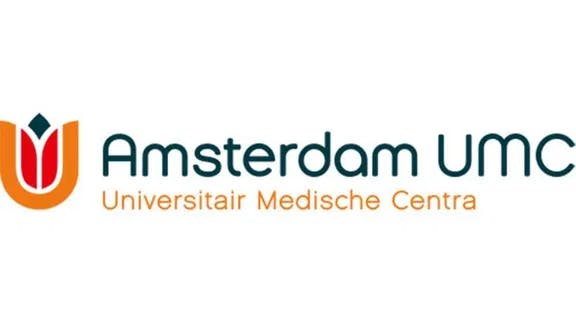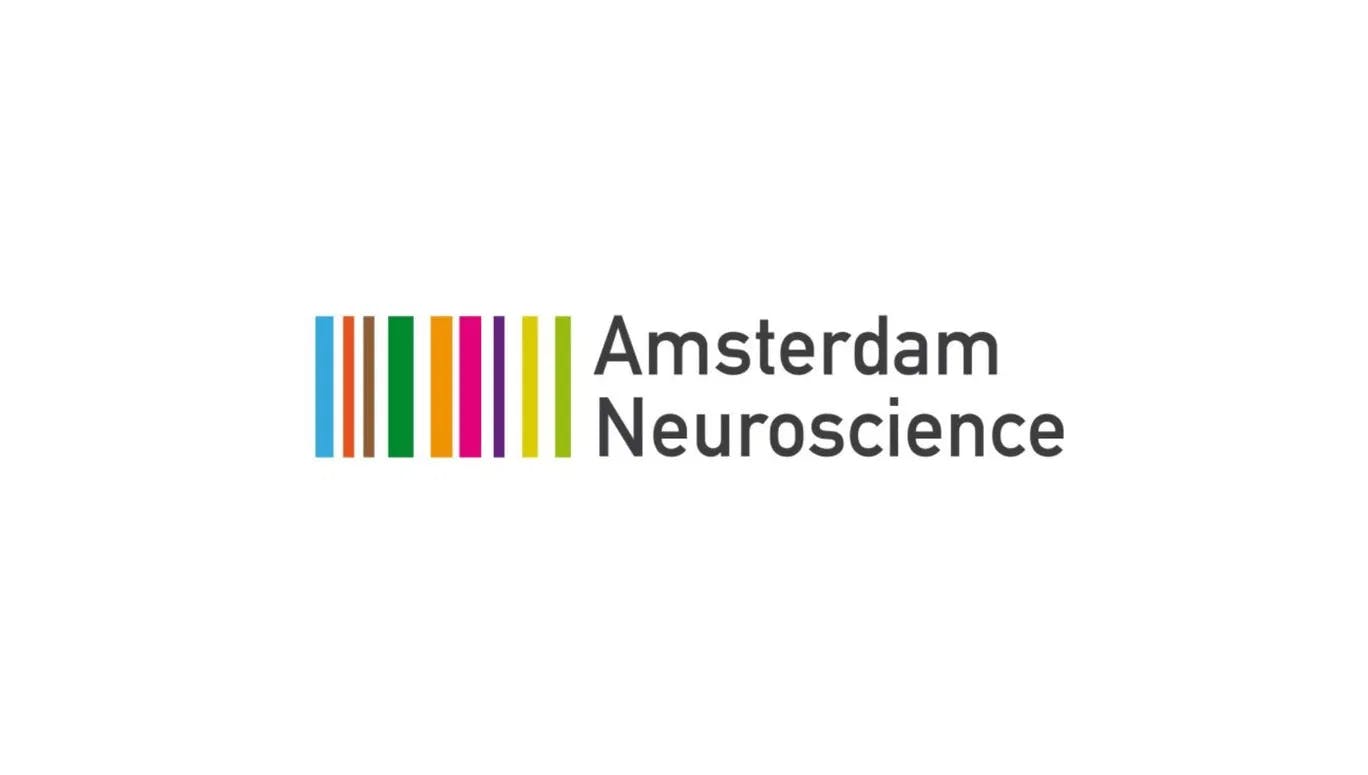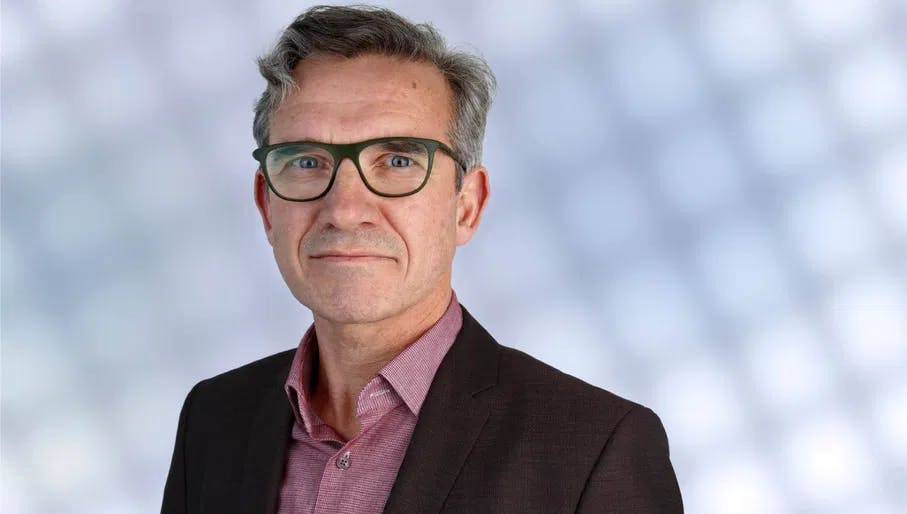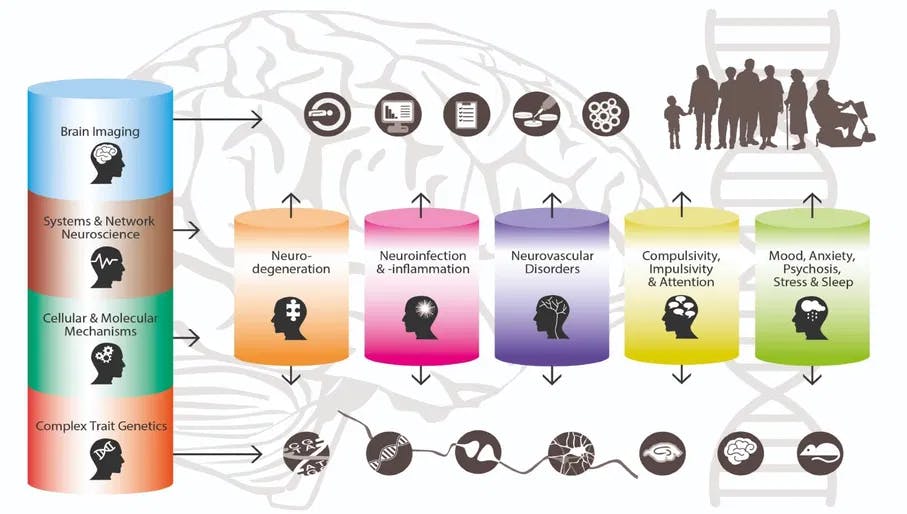
UMC has partnered with leading institutions to remain at the forefront of healthcare innovation
13 September 2024

In Amsterdam’s life sciences and health community, collaboration is key. The city boasts thriving hubs that offer abundant opportunities for firms working in the sector to connect with other companies, students and scientists. It also is home to internationally renowned universities, academic hospitals and research institutions that work together to help drive innovation. This collaborative attitude more evident than ever in one of the Dutch capital’s most successful research institutes: Amsterdam Neuroscience.

The cooperation at the heart of Amsterdam Neuroscience is that between clinicians and scientists. By using this relationship to its full potential, the centre has grown to employ more than 850 people that help produce 1300 publications and raise tens of millions in research funding each year. This helps them create ground-breaking trials, translation and innovation that positions the centre as a global leader in its field. The mission is clear: to improve understanding of the human brain and nervous system in health and disease by executing integrated basic, translational and clinical research.
Amsterdam Neuroscience founder and director, Prof Dr Arjen Brussaard, explains: “Joining together a clinician and a scientist is our mantra. Our mission is to really translate the fundamental insights we have in the human brain into effective, affordable healthcare measures. The tools that we use to do that include patient cohorts across five clinical research programmes that focus on both existing and new treatments for a number of brain and nervous system diseases.”

As an alliance of Amsterdam’s VU University Medical Center, Academic Medical Center, Vrije Universiteit Amsterdam and the University of Amsterdam, Amsterdam Neuroscience brings together the city’s biggest universities and institutes. As well as its core staff, it also works with 100 undergraduate students and 500 PhD students per academic year, as well as around 150 faculty staff and 250 postdoctoral researchers.
Back in 2008, when its first iteration - Neuroscience Campus Amsterdam – was created, the scope was smaller. Dr Brussaard explains, “I was involved with the founding group to connect the life sciences and the medical faculty. There was nothing for neuroscience at that time: it was mainly departments collaborating with each other. So, we decided to formally kickstart this alliance which was then between just VU medical centre and the science faculty of Vrije Universiteit.”
After a few successful years, other organisations joined the alliance, and in 2016 Amsterdam Neuroscience was officially formed. “We have started to build an integrated network of principal investigators in the Amsterdam Area. Even between clinical programmes there is a lot of connectivity. We now have a well-matched organisation where there are no loose ends.”
As well as its researchers, students and staff, one of the main groups behind its success is the people who are using their own experiences with neurodegenerative, neuroimmunological and neuropsychiatric disorders to help others: the patients.
“Our patient cohorts across our five clinical programmes are substantial and very well organised. That is the new currency for an academic medical centre. They are informed by clinical information in a patient’s registry, including imaging, biosamples, liquids and more. Many Alzheimer’s and Parkinson’s patients have also signed up for the informed brain donor programme.”
When Brussaard talks about these patients his passion is evident; it’s clear that helping others is the most important part of what he does. “We deal with a lot of treatment resistant patients as the diseases they have are very complex and so difficult to treat,” he explains. “So, we need to work so hard to see how we can help alleviate these. Alzheimer’s is a good example, as there are only symptomatic interventions now. There are some interventions that are aimed at the mechanism of the disease in the pipeline and we are involved in that but it’s a complex problem. We face the same problems that the HIV community faced a decade ago.”
To help drive progress, Neuroscience Amsterdam launched its Industry Alliance Office (IAO) in 2013. It is a dedicated team of 5 business development managers that take care of all in and outbound communications with the centre’s clients in the pharmaceutical industry.
“Our patient repositories are of great value to the industry as they need to validate their companion diagnostics. We also offer guidance on how these firms can work their way upwards into the clinic. The IAO team work as matchmakers looking for novel interventions and pulling them towards Amsterdam. At that point we can organise meaningful translational research. This year we surpassed €10m in new contract threshold, and that is quite something: 5 years ago, it was less than €2m a year.”

Throughout our interview, Brussaard keeps coming back to the concept of team effort: Neuroscience Amsterdam’s success, he says, is all about the efforts of the individuals and institutes involved in it. “We have united neuroscience in Amsterdam, and I hope that we are here for a good reason. We bring novel interventions and the medical products of the modern world - cell therapy, genetic editing therapy –here. That was unforeseeable a decade ago. And that is all because of the reputation of our clinicians, our clinicians’ willingness to work with external stakeholders, the willingness of the patients to be involved with medical trials and our business development team.”
It's no surprise then that, when looking back and thinking about the achievements of the institute, Brussaard praises the amazing way that Amsterdam has come together to try to make a difference to patients all over the world. “The fact that we now include the whole of Amsterdam, and that was all due to everyone’s willingness to collaborate, is amazing,” he says. “I look over the last few years with great pride, and the fact that we have the IAO makes me even happier. That motivates me to keep going.”